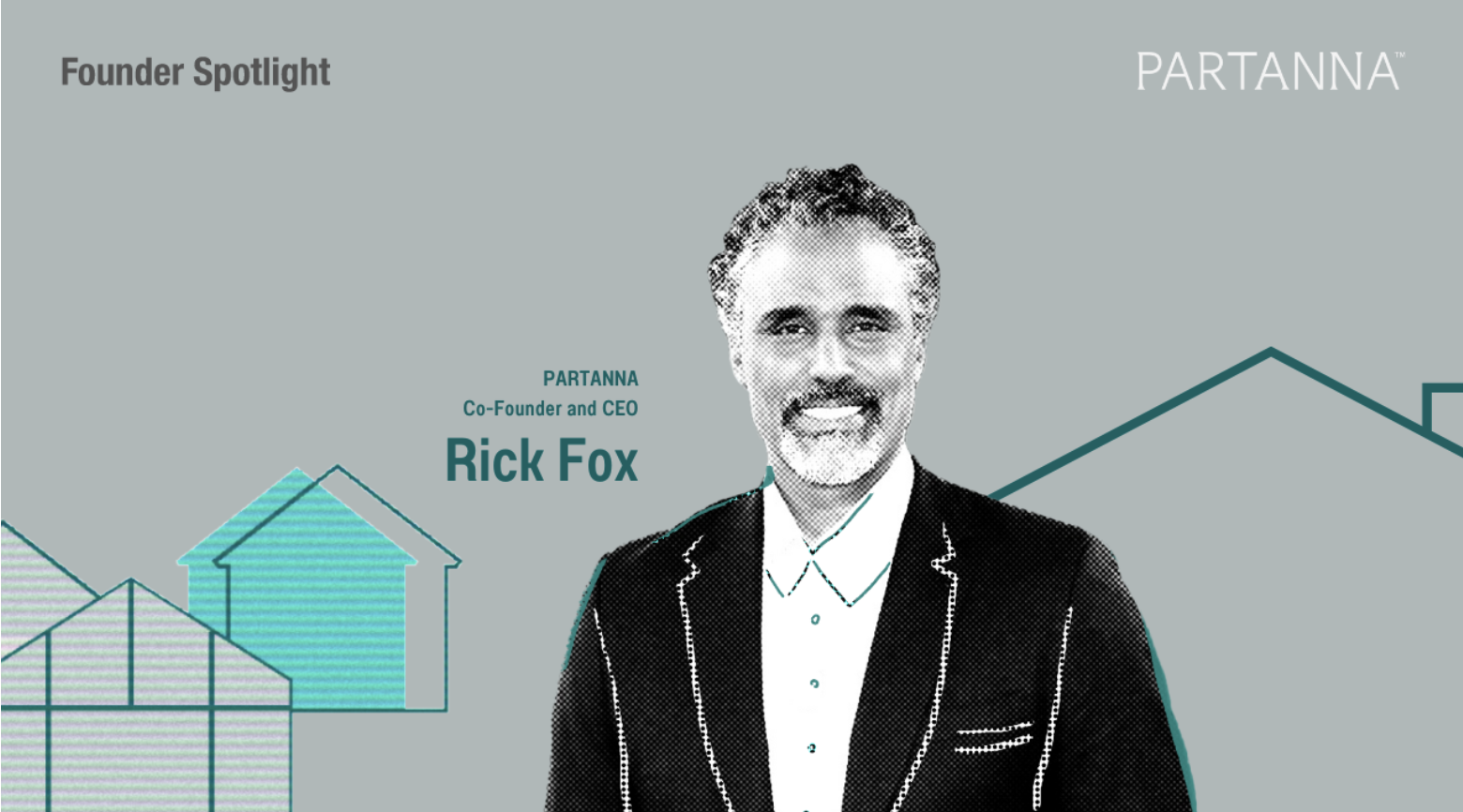AsiaTechDaily – Asia's Leading Tech and Startup Media Platform

Indian edtech startup Teachmint nets $78m from Rocketship, Vulcan Capital
Education infrastructure startup Teachmint announced raising $78 million in its Series B funding round anchored by US-based venture capital firms Rocketship.vc and Vulcan Capital.
New investors, Goodwater Capital and Epiq Capital, have also joined the company’s cap table. Existing investors Learn Capital, CM Ventures, Lightspeed India and Better Capital continue to double down in the fifth round raised by the company.
This brings the 16-month-old edtech startup’s all-time raise to $118 million, making it the fastest capital raise for an Indian startup in the education space.
Mihir Gupta, Co-founder & CEO at Teachmint, said they are thrilled to have the Rocketship.vc and Vulcan Capital along with the two new investors.
“We are grateful to have the continuous support of our existing investors as we execute our vision at the global stage,” Gupta said in a statement.
Madhu Shalini Iyer, Partner, Rocketship.vc, said Teachmint has addressed a latent technology problem in the education sector and is well-positioned to scale its offering globally.
The education infrastructure startup will use this fresh infusion of funds to further strengthen its proprietary classroom technology, as well as, to expand into international markets.
There are now over 10 million users of this start-up in India. As it expands, it aims to scale its user base to over 100 million users. In order to do this, Teachmint is focusing its growth on hiring skilled talent with the plans for doubling up its workforce in the next six months.
It will also announce its largest ESOP buyback plan to reward and recognize the contributions of its team. It has also expanded its ed-infra offerings with products like Teachmint for Institute and Education Video-as-a-Service.
Vivik Subramanian, Partner, Goodwater Capital, said they are excited to become part of this journey with Teachmint.
He said this education infrastructure startup has already differentiated itself in terms of building an integrated classroom toolkit that is mobile-first and video-first.
With this, he added, they have the potential “to make a lasting impact on how education is delivered and consumed globally”.





